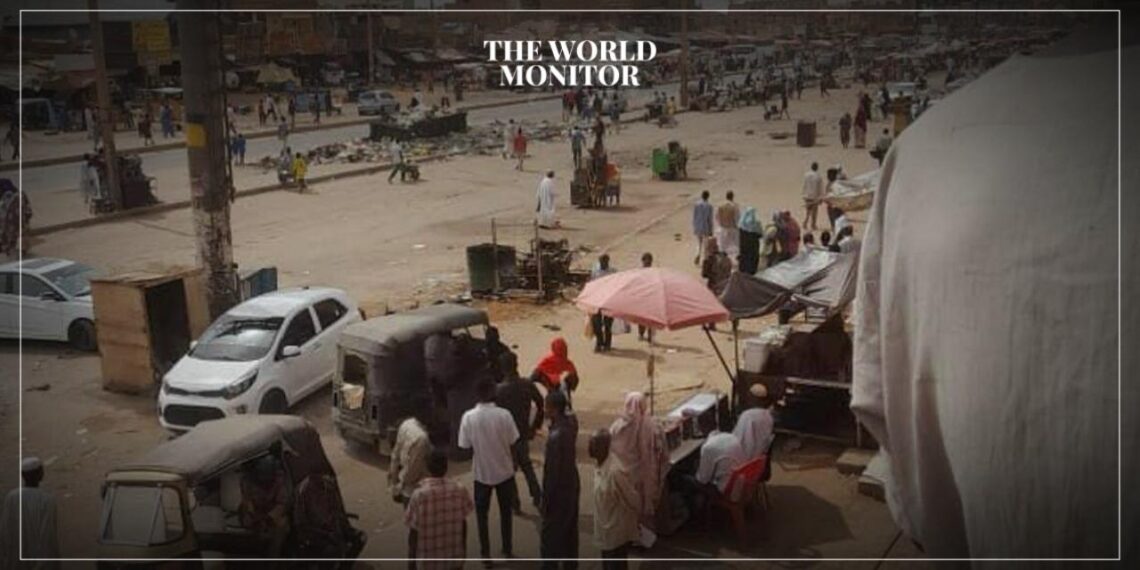Land transportation between Egypt and Sudan has come to a halt, as the Sudanese Red Sea State’s General Directorate of Highway Traffic announced on Friday that the road linking Egypt and Sudan has been cut off due to heavy rains and floods.
According to “Sudan News,” the Red Sea State has experienced heavy rainfall over the past several weeks, leading to massive floods in some areas, causing an unprecedented humanitarian disaster.
The rains have severed the continental road linking Egypt and Sudan in the Arus area between kilometers 17 and 20. The Red Sea State’s Highway Traffic Directorate attributed this to the floods and the overflow of water from the Arbaat Dam, which collapsed last week due to rising water levels. This collapse resulted in significant loss of life and property, isolating many villages in the Qaneb and Olib regions.
In response, the Sudanese police announced in a statement that they have begun field operations in the area where the road has been cut off. They have placed warning signs and directional indicators to alert drivers and road users, and traffic patrols have been deployed at the affected sites, with some trucks being allowed to pass.
Earlier, a group of Sudanese officials held a meeting on Wednesday to discuss new requirements for Egypt to accept Sudanese refugees fleeing the ongoing war in Sudan since April 2023.
According to “Sudanese Scene,” the meeting was chaired by the Acting Sudanese Minister of Health, Haitham Mohamed Ibrahim Awadallah. The meeting discussed and established arrangements to meet the new health requirements for obtaining entry visas to Egypt, which now mandate polio vaccinations for all visa applicants, regardless of age.
The meeting was attended by all relevant technical departments, including the directors of the General Departments of Health Emergencies and Epidemic Control, Primary Health Care, the National Medical Commission, and Administrative and Financial Affairs, as well as the directors of executive offices and other related departments such as International Health Regulations and the Expanded Immunization Program, and National Quarantine.
Minister Awadallah explained that the discussion covered the topic of vaccination, its mechanisms, implications, and the logistical and administrative arrangements related to providing vaccination services. These services will require the availability of inactivated polio vaccines at specific centers, which will be agreed upon and announced in the near future.






